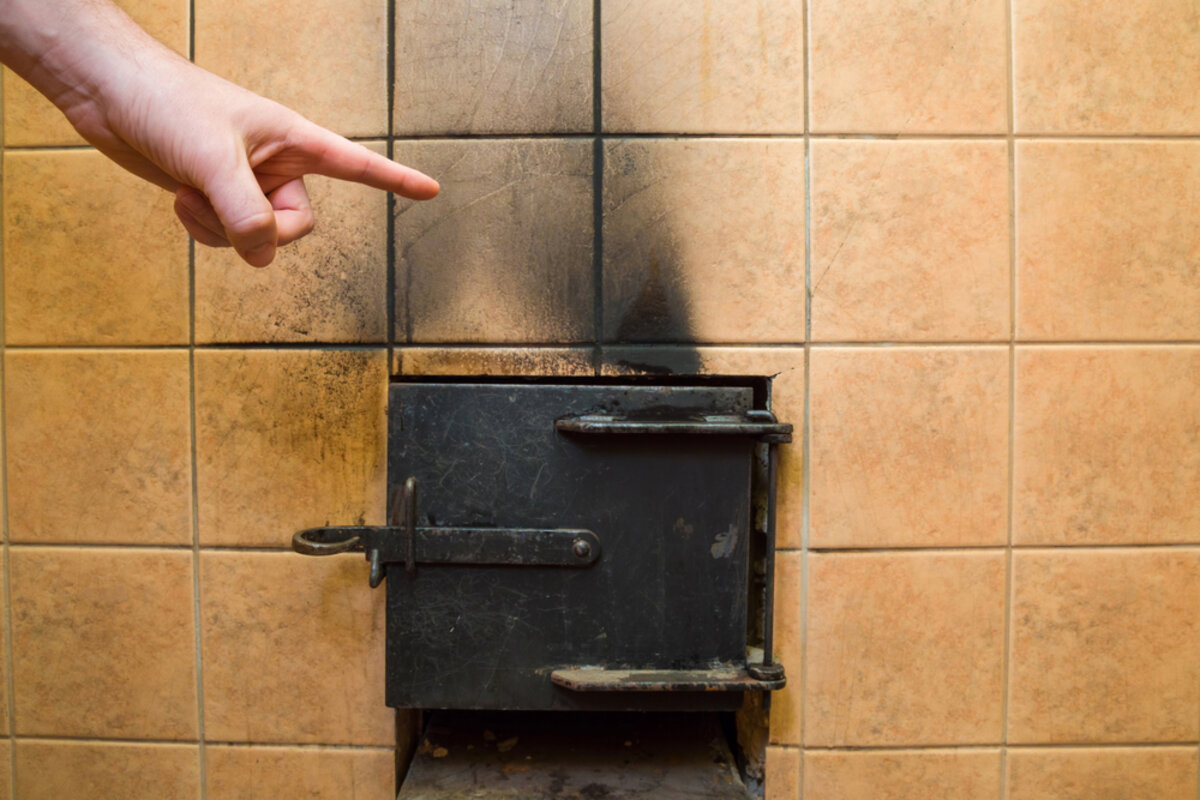Laminate Flooring
The popularity of laminate floors has increased tenfold since its start up. These days, most of the people around the world are using laminate flooring for various reasons. They’re long lasting, durable, and easy to install.
Like all types of flooring, laminate has its pros and cons. Knowing these nuances will help in an easy and cost effective solution, when dealing with laminate floor water damage repair.
These floors are usually low maintenance depending on the material. Their water resistant coating makes it harder for water to penetrate through, although it still does happen.
Identifying Laminate Floor Water Damage

The most common way to damage laminate flooring is through water. Although they are water resistant, over saturation of water during a flood, will make the flooring bugle, warp, or even split apart.
Floor planks will start swelling if water is introduced into the seams. This makes it hard to replace as finding perfectly matching laminate can be almost impossible
.
Signs of Laminate Floor Damage

How can you tell your flooring has been damaged? Just look out for some of these signs and symptoms:
- Swelling
- Bulging Planks
- Cracking
- Splitting
- Tearing of the laminate
- Separating from the seams
Experiencing any of these symptoms will result in needing to replace the laminate. Worry not! Laminate is composed of many pieces which makes it easy to switch out. Try doing that with carpet!
How to Repair Laminate Flooring
Speaking to a professional restoration service might be a great idea. Most offer free inspections that could give some good tips and info if you do plan on doing it yourself.
- Stop the leak. Before any repairs begin, you best be sure to find and stop any water that’s causing the leak. Usually the first step involves turning off the main water supply and inspecting thoroughly for any potential breaks in the pipe or faucet.
- Remove the Damaged Planks. First Identify any and all damaged laminate pieces. Be sure to look carefully at edges and seams. Next use a crowbar or whatever tool you have available, and pry out the damaged planks.
- Replace Laminate Planks. Once the damaged pieces have been removed, clean the flooring underneath and be sure to dry it out if there is any standing water or moisture.

Hiring a Professional

To get in touch with a professional, call (800) 478-0366 or email Service Restoration for a Free quote and assessment.



















